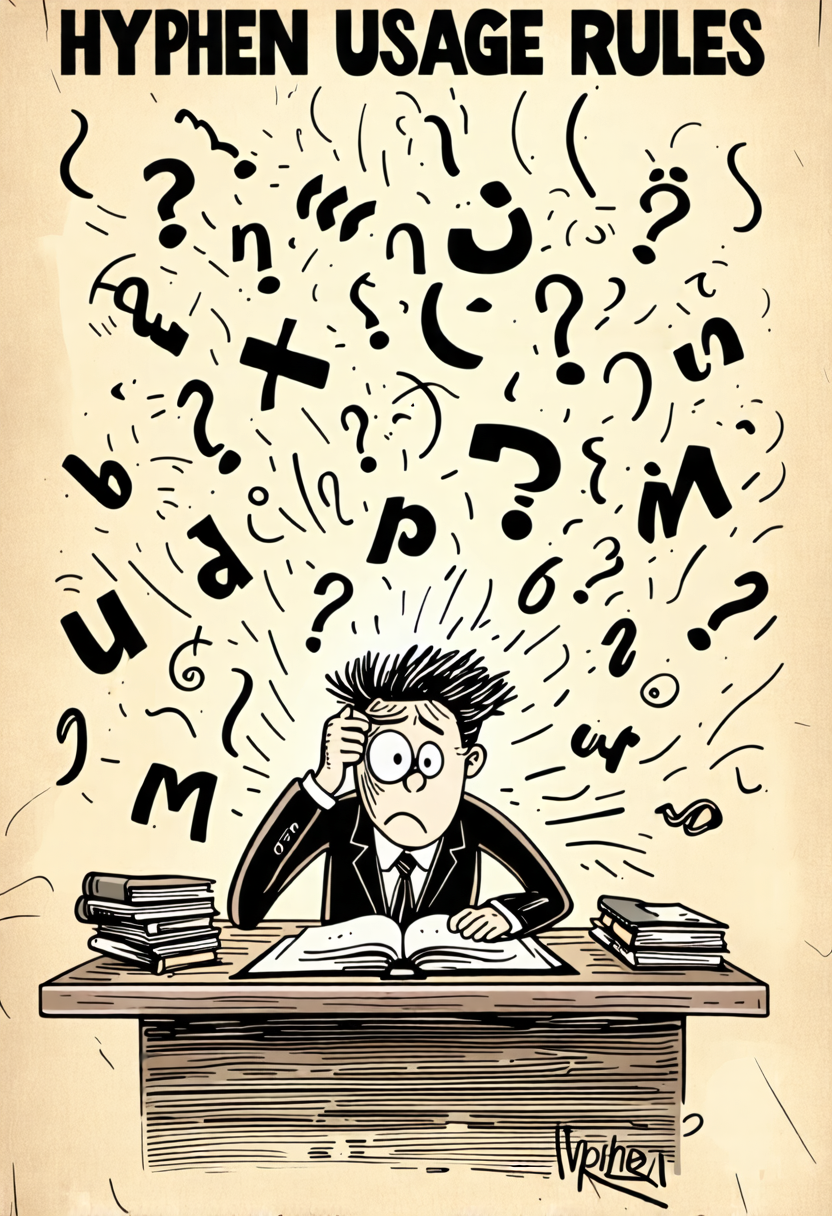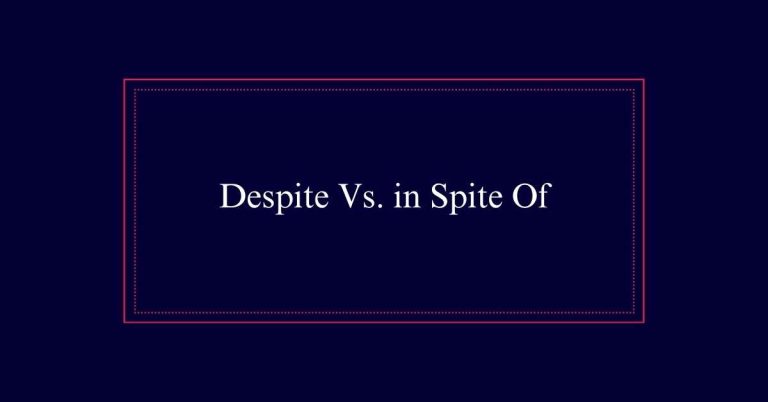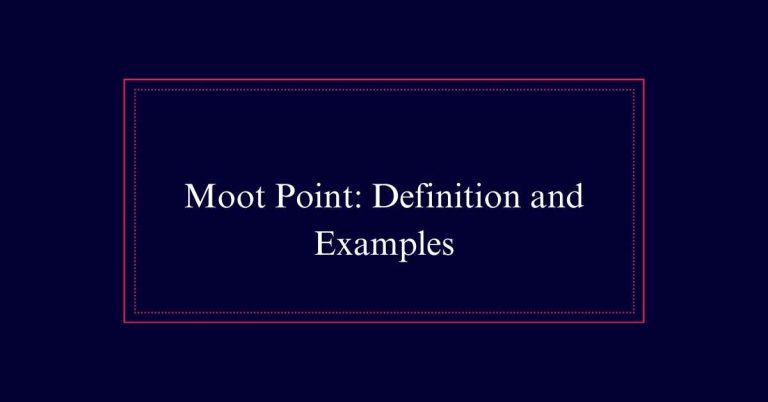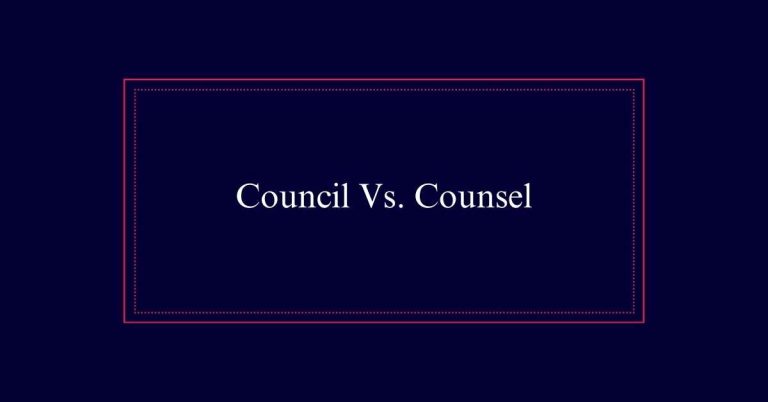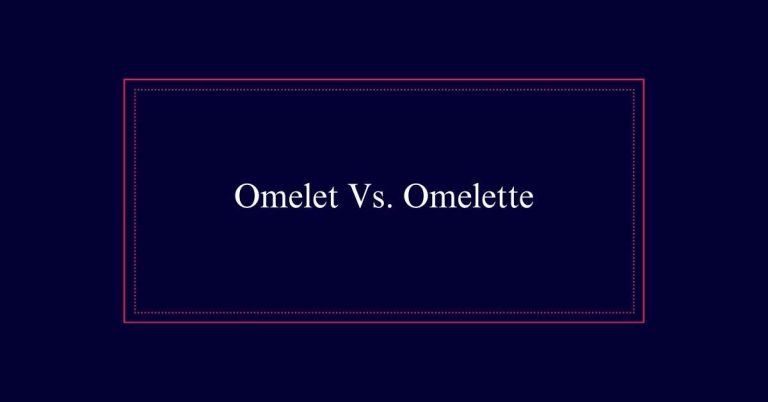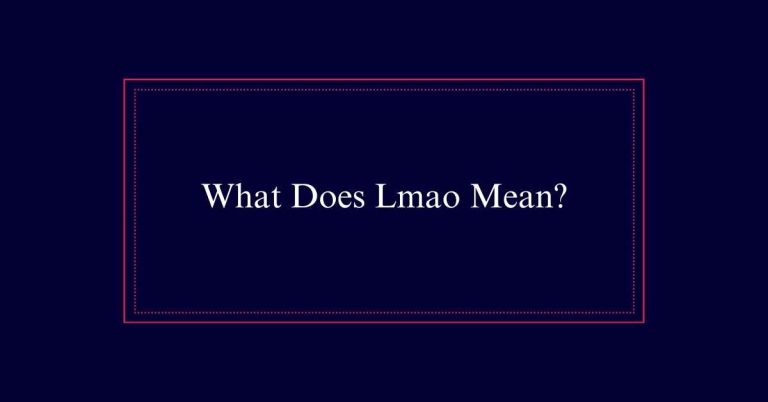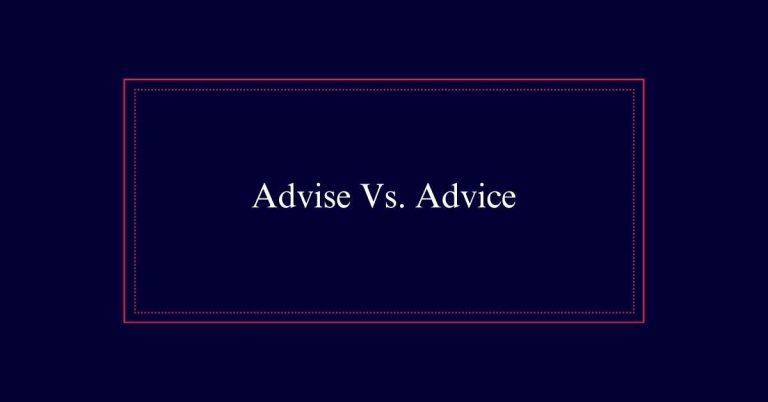Hyphen Usage Rules
Hyphens are essential for clarity and accuracy in writing. They connect compound modifiers (e.g., ‘well-known author’) to avoid confusion. Hyphens are used in compound words like ‘mother-in-law’ to establish the relationship between the words. Numbers 21-99 and fractions like ‘one-half’ require hyphens for precision.
Prefixes like ‘ex-‘ and ‘self-‘ need hyphens to clarify meaning (e.g., ‘self-employed’). When used with compound adjectives (e.g., ‘small-business owner’), hyphens guarantee the words are understood together. Spelled-out fractions also need hyphens.
Understanding Hyphens
Understanding hyphens is essential for clear and effective writing. A hyphen is a punctuation mark used to join words or parts of words. It helps prevent confusion by connecting words in compound terms.
To know if a compound word needs a hyphen, check a preferred dictionary. Hyphens are not the same as dashes and should not be used interchangeably. They clarify meanings, especially in compound modifiers.
Use hyphens for numbers between twenty-one and ninety-nine when spelled out. Additionally, simple fractions, such as one-third, should be hyphenated. In compound modifiers involving numbers, hyphens promote clarity.
Compound Modifiers
Compound modifiers are phrases composed of two or more words that jointly modify a noun. When these words come before the noun, they are usually hyphenated to guarantee clarity. For example, ‘well-known author’ is clear because ‘well-known’ describes ‘author’. Here are some examples:
| Compound Modifier | Sentence Example | Explanation |
|---|---|---|
| Well-known | She is a well-known author. | Hyphen clarifies the description. |
| High-quality | He bought high-quality paint. | Hyphen avoids ambiguity. |
| Full-time | She works a full-time job. | Hyphen connects modifying words. |
Hyphenating Compound Words
Just as hyphens in compound modifiers guarantee clarity, hyphenating compound words can also prevent misinterpretation and enhance readability.
Compound words can be open, closed, or hyphenated. Hyphenated compounds include words like ‘mother-in-law’ and ‘well-being.’ These hyphens link the words, showing they function together as a unit.
Hyphenating compound words is important when a word pair could otherwise be misunderstood. For example, ‘small-business owner’ is clear, while without the hyphen, ‘small business owner’ might imply a diminutive entrepreneur.
Over time, some hyphenated compounds evolve into closed compounds, like ’email’ from ‘e-mail.’ Always consult a dictionary to verify current usage.
Hyphens and Numbers
Hyphens are essential for maintaining clarity when writing numbers in specific contexts. They are used in compound modifiers involving numbers, guaranteeing the meaning is unambiguous. For example, ‘a twenty-one-year-old student’ is clearer than ‘a twenty one year old student.’ Additionally, hyphens are necessary when spelling out numbers between twenty-one and ninety-nine. Hyphens also connect simple fractions like ‘one-half’ and ‘three-quarters.’
Here’s a table to clarify hyphen usage:
| Number Form | Hyphenated Example | Non-Hyphenated Example |
|---|---|---|
| Compound Modifiers | twenty-one-year-old | twenty one year old |
| Written-Out Numbers | seventy-five | seventy five |
| Simple Fractions | two-thirds | two thirds |
| Percentages | 50 percent | 50-percent |
| Modifiers after Nouns | student is twenty-one | student is twenty one |
Present Participles
When using hyphens with present participles, it is important to combine an adjective, noun, or non-ly adverb with the participle to form a clear compound modifier. This creates a descriptive phrase that enhances meaning.
For example, ‘high-flying kite’ or ‘fast-moving vehicle’ are clear and specific. However, when a compound modifier follows the noun it describes, the hyphen is usually omitted, as in ‘the kite is high flying.’
Avoid using hyphens with -ly adverbs, such as in ‘quickly moving car,’ which does not require a hyphen.
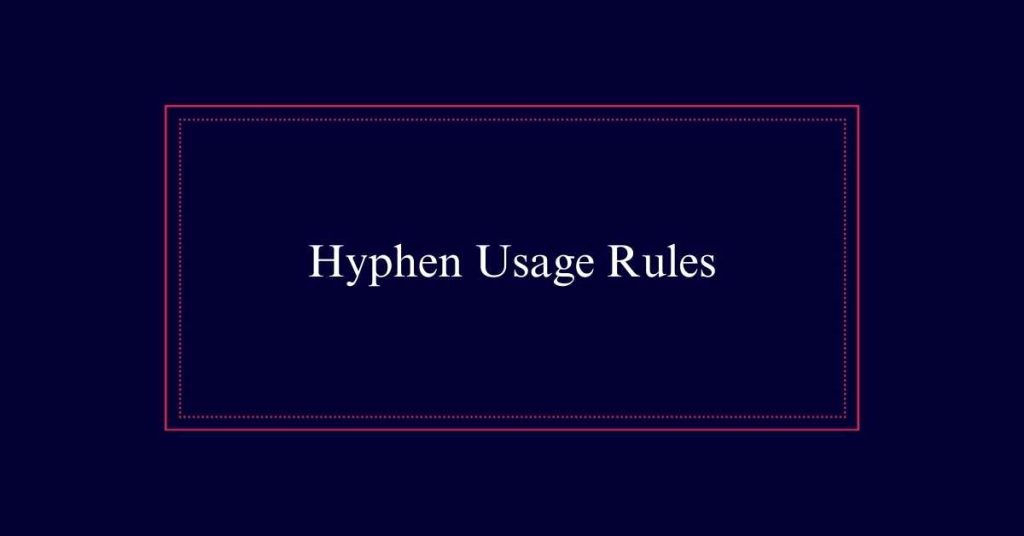
Past Participles
In compound modifiers, past participles paired with adjectives, nouns, or non-ly adverbs require hyphens for clarity. This rule guarantees that the reader understands the intended meaning.
For example, in ‘well-known author,’ the hyphen connects ‘well’ and ‘known’ to describe the author accurately. Similarly, ‘sun-dried tomatoes’ uses a hyphen to link ‘sun’ and ‘dried,’ clarifying the preparation method.
When the compound modifier appears before the noun it modifies, a hyphen is essential. However, if the compound follows the noun, the hyphen is omitted.
For instance, ‘the tomatoes are sun dried’ does not require a hyphen.
Hyphens With Prefixes
Prefixes like ‘ex-‘ and ‘self-‘ require hyphens for correct usage. These hyphens clarify meaning and avoid confusion. Here are some rules to follow:
- Ex-: Use a hyphen with ‘ex-‘ to indicate a former status, e.g., ‘ex-president.’
- Self-: Always hyphenate ‘self-‘ when it forms a compound, e.g., ‘self-esteem.’
- All-: Hyphenate adjectival compounds with ‘all-‘ for clarity, e.g., ‘all-encompassing.’
- Avoid Duplicates: Use a hyphen to prevent double vowels or consonants, e.g., ‘re-enter.
Spelled-Out Fractions
After understanding the hyphenation rules for prefixes like ‘ex-‘ and ‘self-‘, it is equally important to know how to hyphenate spelled-out fractions correctly. Spelled-out fractions such as ‘one-half’ and ‘three-quarters’ require hyphens for clarity and correctness. This helps in avoiding misinterpretation and guarantees readability.
Here is a table to illustrate proper hyphenation of common spelled-out fractions:
| Fraction | Hyphenated Form |
|---|---|
| 1/2 | one-half |
| 1/4 | one-fourth |
| 3/4 | three-quarters |
| 2/3 | two-thirds |
Dictionaries and Hyphens
How do dictionaries guide us in the proper use of hyphens for compound words and modifiers?
Dictionaries play an essential role in helping us determine the correct use of hyphens. They provide authoritative guidance on whether a compound word should be hyphenated, closed, or open.
Here are the key ways dictionaries assist:
- Compound Words: Indicate if a compound is hyphenated (e.g., mother-in-law).
- Modifiers: Show if a compound modifier needs a hyphen (e.g., well-known author).
- Prefixes: Clarify hyphen use with prefixes like self- (e.g., self-aware).
- Consistency: Provide consistent rules across different types of compounds.
Consulting a dictionary ensures clarity and accuracy in writing, preventing common hyphenation errors.
Writing Tips
For effective writing, it is essential to understand the proper use of hyphens to guarantee clarity and precision in your text. Hyphens connect words to form compound modifiers, ensuring your meaning is clear. Always consult a dictionary to verify hyphenation. Avoid hyphens with adverbs ending in -ly. Use them in compound numbers and fractions. Be mindful of hyphens with prefixes like ex- and self-.
Here’s a quick reference table for common hyphen usage:
| Situation | Example |
|---|---|
| Compound Modifiers | well-known author |
| Compound Numbers | twenty-one |
| Prefixes (ex-, self-) | ex-president, self-aware |
